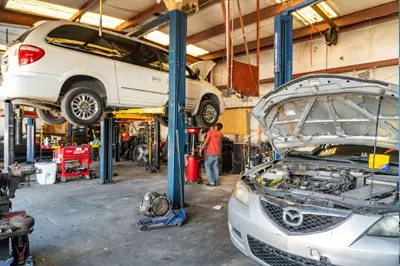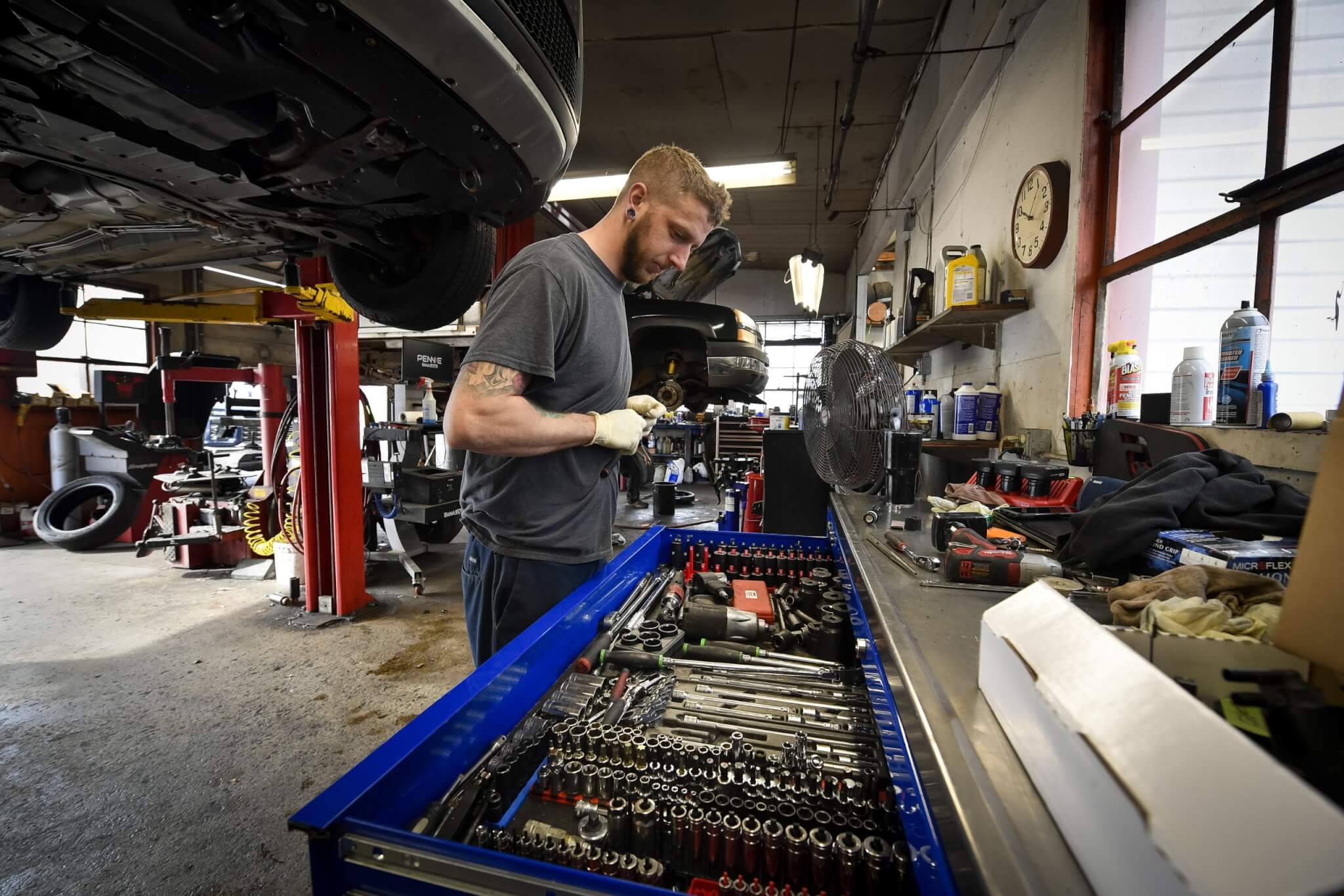All Categories
Featured

Your vehicle's engine is the heart of your automobile, and maintaining it in leading condition is essential for ideal efficiency and longevity. Routine engine tune-ups are a wonderful means to maintain your auto's health and wellness, enhance gas efficiency, and stay clear of pricey repair work down the road. Whether you're a car fanatic or a person who just wishes to keep their automobile running efficiently, these engine tune-up suggestions will certainly help you get one of the most out of your car.
- Change Spark Plugs. Ignition system play a crucial role in starting your engine and ensuring smooth burning. With time, stimulate plugs can end up being dirty or worn, causing misfires, minimized gas performance, and harsh idling.
During an engine tune-up, evaluate and change your stimulate plugs if necessary. Most vehicles require brand-new ignition system every 30,000 to 100,000 miles, relying on the type. Regularly changing trigger plugs makes sure correct ignition and ideal engine efficiency.
- Check and Clean the Air Filter. The air filter prevents dust, dust, and particles from entering your engine. A blocked or unclean air filter limits air flow, creating your engine to work tougher and burn even more fuel.
Evaluate your air filter during a tune-up and change it if it's dirty. In dusty atmospheres or locations with hefty air pollution, you may need to change the air filter more frequently. A tidy air filter can improve gas effectiveness and expand the life of your engine.
- Examine and Replace Belts and Hoses. Belts and pipes are essential for numerous engine functions, such as powering the generator, water pump, and cooling system. Over time, these elements can break, battle royal, or break, possibly resulting in malfunctions.
Throughout a tune-up, check belts and hoses for signs of wear and replace them if required. Changing these components proactively can conserve you from expensive repair services and stop unexpected failures.
- Tidy the Fuel System. Your gas system, including the fuel injectors and fuel lines, can accumulate dust and carbon down payments gradually, decreasing engine performance. Cleaning the gas system during a tune-up helps enhance performance and fuel economy.
You can use a fuel system cleaner or have a specialist mechanic perform a more comprehensive cleansing. This step is particularly important for older vehicles or automobiles that often drive in stop-and-go web traffic.
- Inspect the Battery and Charging System. A healthy and balanced battery is crucial for starting your engine and powering electrical elements. During a tune-up, evaluate the battery terminals for corrosion and ensure the connections are limited.
Check the battery's voltage and replace it if it shows indicators of weakness. Furthermore, have the generator and billing system evaluated to ensure your battery stays charged throughout procedure.
- Change the Engine Oil and Oil Filter. Oil adjustments are an essential component of engine maintenance. Engine oil lubricates moving components, minimizes rubbing, and helps control engine temperature level. In time, oil becomes contaminated and loses its efficiency.
During a tune-up, change the engine oil and oil filter to maintain your engine running smoothly. Follow your vehicle's maker referrals for oil kind and change periods.
- Inspect the Cooling System. The cooling system stops your engine from overheating. Gradually, coolant can deteriorate or end up being contaminated, minimizing its efficiency.
Examine the coolant degree and problem during a tune-up, and flush and replace it if required. Evaluate the radiator, water pump, and hose pipes for leaks or damage. A properly maintained cooling system helps your engine run at the best temperature level and prevents overheating.
- Test the Ignition System. A faulty ignition system can trigger beginning problems and reduced engine efficiency. During a tune-up, evaluate the ignition coils, supplier cap, and rotor (if relevant) Change any kind of parts that show indications of wear or damages to make sure smooth and reputable engine procedure.
- Listen for Unusual Noises. Throughout a tune-up, seize the day to listen for any uncommon engine noises, such as knocking, ticking, or hissing. These audios can indicate underlying issues, such as shutoff problems, loosened parts, or exhaust leaks. Addressing these issues early can protect against more comprehensive damage.
- Usage Quality Components and Fluids. When executing an engine tune-up, constantly use top notch components and fluids that satisfy your vehicle maker's specs. Inexpensive or incorrect components can jeopardize your engine's performance and integrity.
Verdict: A Well-Tuned Engine is Secret to Durability. Routine engine tune-ups are necessary for keeping your cars and truck's performance, effectiveness, and reliability. By replacing worn components, cleansing crucial systems, and addressing potential problems, you can maintain your engine running efficiently for several years ahead. Whether you're doing it yourself or relying upon a trusted mechanic, investing in tune-ups is a wise way to safeguard your car and enjoy a much safer, smoother ride.
Latest Posts
Check Out the Greatest Auto Repair Deals in Montclare, Chicago
Recognizing When Your Car Needs Professional Car Repair at Montclare Auto Repair
Experience Your Financial Partner at WyHy – Top Benefits for Your Financial Goals
More
Latest Posts
Check Out the Greatest Auto Repair Deals in Montclare, Chicago
Recognizing When Your Car Needs Professional Car Repair at Montclare Auto Repair
Experience Your Financial Partner at WyHy – Top Benefits for Your Financial Goals
